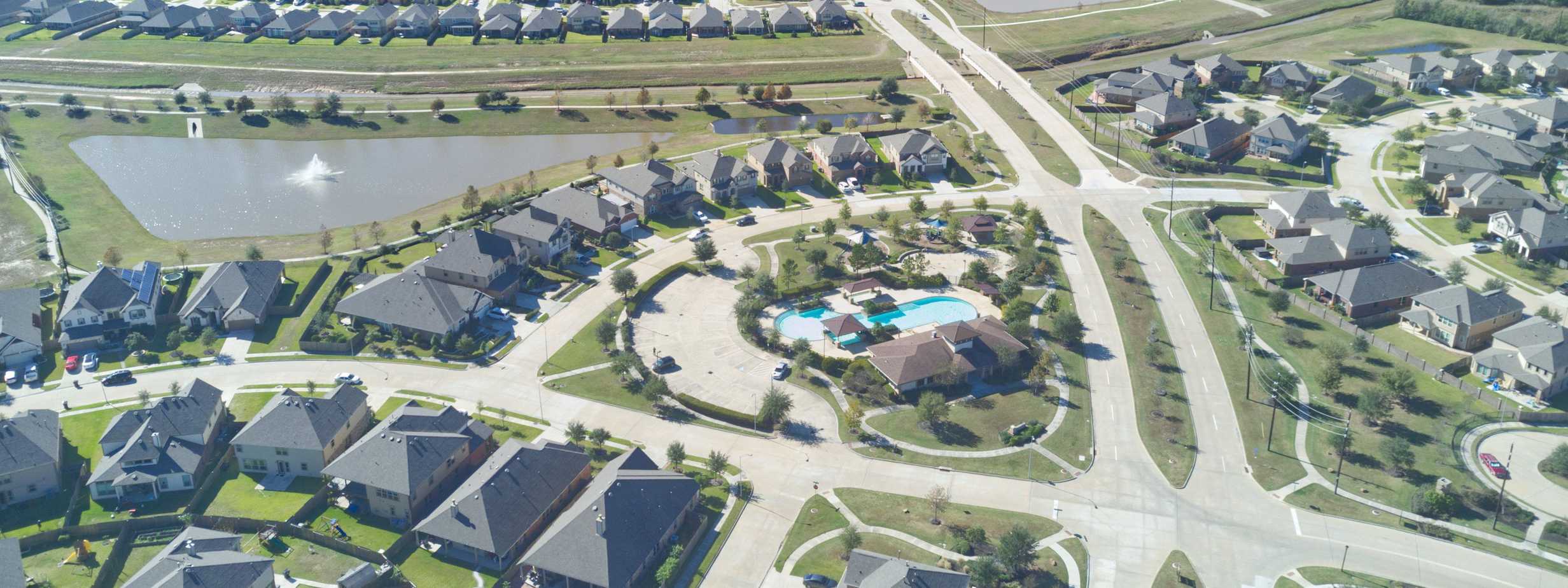While we are not experiencing a full heat wave like last year (2022) or in 2011, the temperatures are hitting record highs this summer on the Gulf Coast. This heat can affect the pipes around your home, as well as the infrastructure of Willow Point Municipal Utility District (Willow Point MUD) itself. Below are some guidance and tips regarding checking for potential leaks, and who to contact in the event you identify a possible problem.
Expanding Pipes and Low Water Pressure
It’s not only cold weather that can affect your pipes and cause them to expand. Hot summer weather can make your pipes burst just like winter can! One sign that your pipes might be on the edge is a change in water pressure.
Sometimes low water pressure is just an annoyance—like when there’s not enough flow to wash the sand off of you after a day at the beach—but it could also point to a larger problem. Pressure changes can be caused by leaks, corrosion build-up, and water supply malfunctions. If you’re experiencing lower-than-usual water pressure, check the Willow Point MUD website for a potential impact; if there isn’t an advisory from the District, reach out to a plumbing professional to have your home pipes inspected.
Shifting Foundations and Sidewalks
Did you know that hot weather can actually cause the ground to move? Shifting foundations and cracking ground can affect your home and your plumbing by putting serious strain on your pipes. They may even expand or contract. Heat can also expand the soil that your pipes sit in, in turn shifting the pipes, often causing them to burst.
Droughts can have the same effects, and summers in Texas are known for dry weather. Lack of water (or heavy rain after a dry spell) causes the soil to contract and sink, taking your pipes along for the ride.
Check your yard and home regularly for any signs of excess water. Soft floors, warped cabinets, and washing machine hose ruptures are all signs of a leak. Also, make sure to monitor your water bill for any inconsistencies.
If you’re unsure whether a leak has occurred, try turning off the water in your home, and record the water meter. After a few hours, check the meter again. If the usage has increased, that may be evidence of a leak.
For major leaks, turn off your water, and contact a professional as soon as possible. Allowing any leak to run free can result in extensive damage to your walls, appliances, flooring, yard, basement, and more.
How Do I Know if the Leak is Mine, or the District’s?
Typically, leaks that occur inside the home or between the home and the water meter fall under the responsibility of the homeowner, while those leaks at the meter and to the street are the District’s. That said, if there is any doubt, contact the District operator Si Environmental first to come and verify the location of the leak, so they can advise if you will need to contact a plumber.
When reporting leaks or any other issues in the District, contact the operator via their emergency repairs department at 832-490-1601. Residents can also report an issue via the operator’s website: https://www.sienviro.com/contact-us/.
